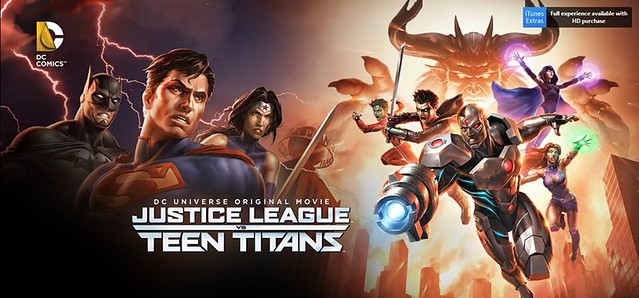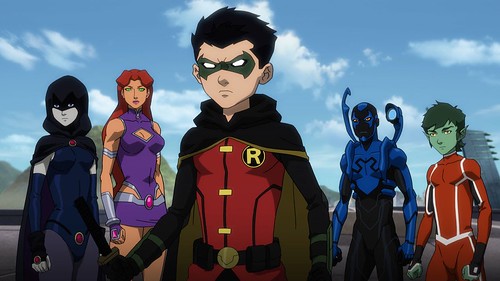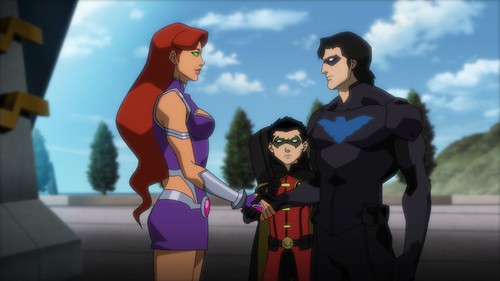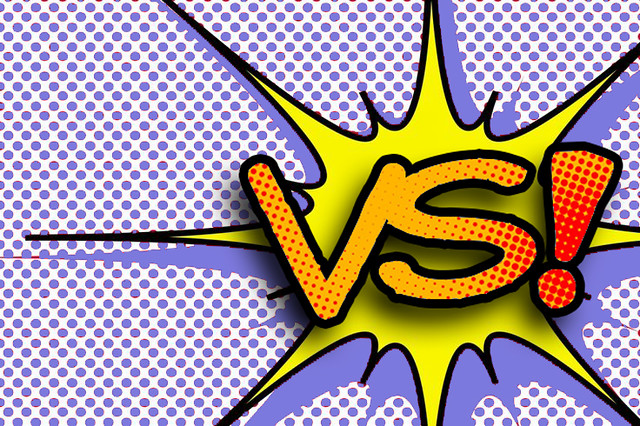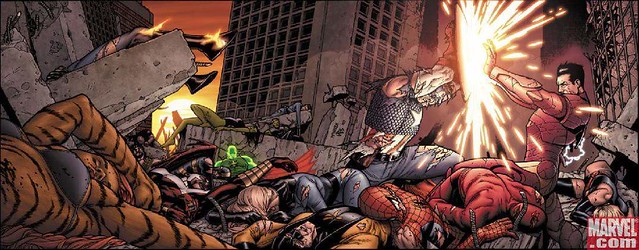
A few young heroes botch a mission so bad that 600 civilian lives were lost in collateral damage. The city mourns, the victims angered, and the superhero community is shaken to the core. This tragic event sparks a wave of controversy and public reflection: who do heroes answer to when they’re the ones who hurt the people?
Suddenly there’s precedent for the government wanting to take a little bit of control over our heroes. They pass the Superhero Registration Act – a law that requires vigilantes to enlist with the government and undergo training before being sanctioned to do superhero things. But not everyone agrees with the new ruling, and arguments escalate, sides are formed, and the stage is set for Marvel’s superhero Civil War.
Readers can attest that Civil War was a dense narrative especially when it came to its ethical and political opinions. It was as exciting and action-packed as it was thought-provoking, as it inspired its audience to think critically, form their own views and genuinely choose a side in the debate.
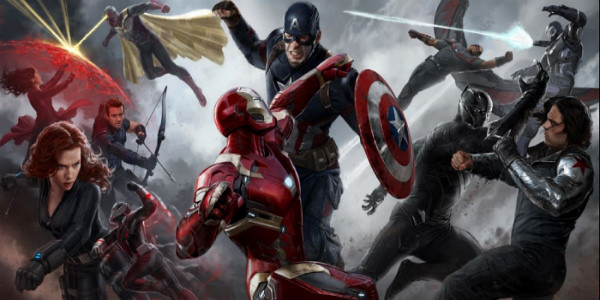
The live-action adaptation arrives in a week!
But with the immense dialogue and individual perspectives collected in the comic book event, a two-hour movie may not be long enough to capture its complexities. So as a supplement to next week’s most anticipated Marvel film, let me give you a quick rundown of the arguments and principles driving both sides of Marvel’s Civil War (comic!)


